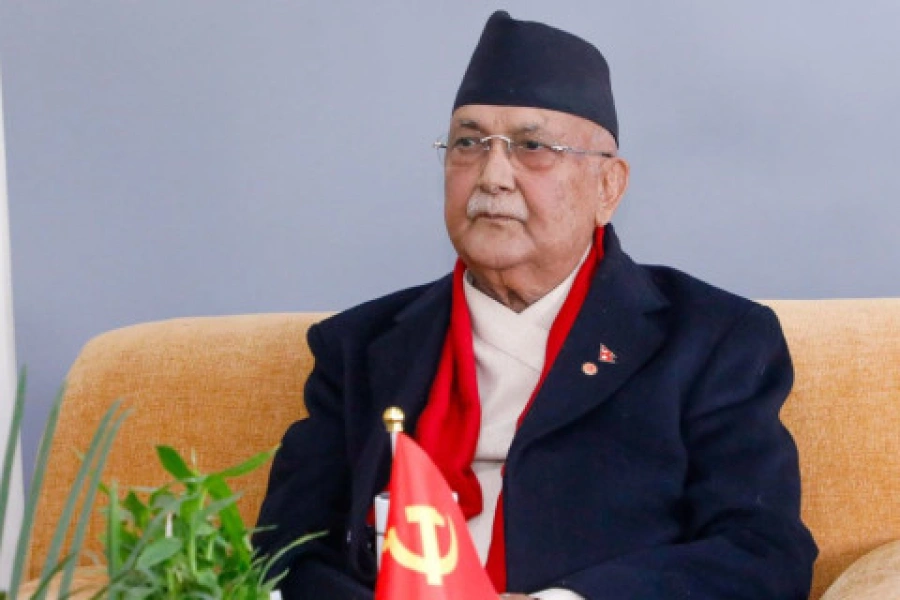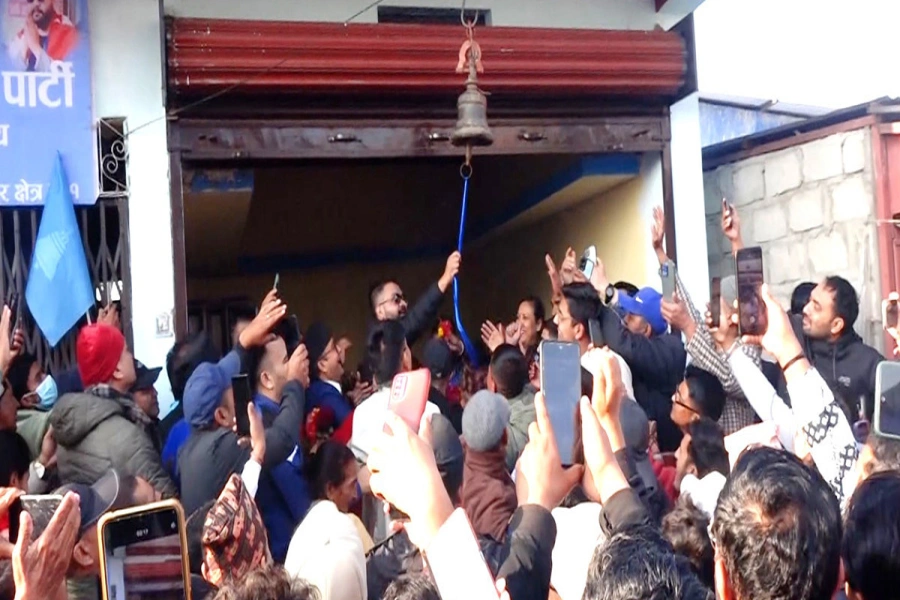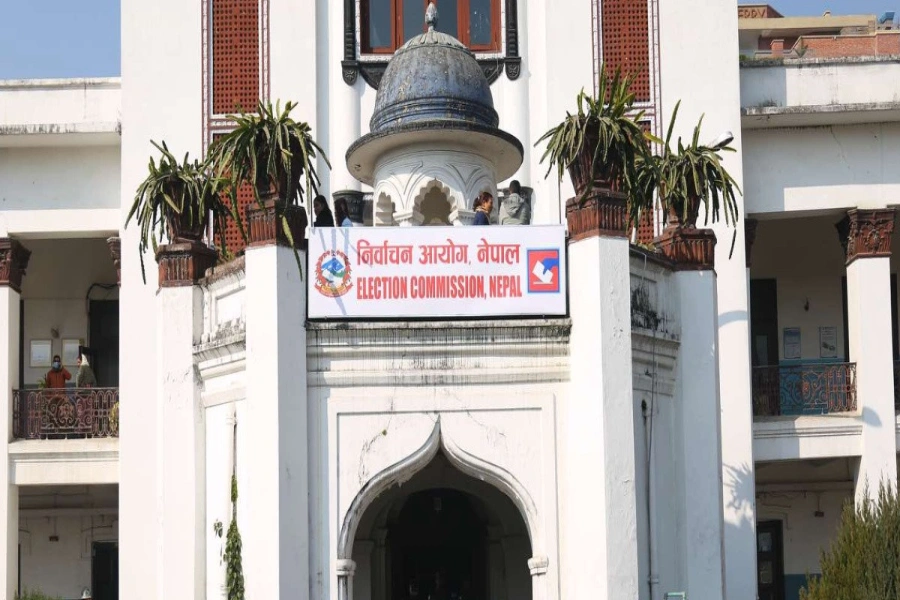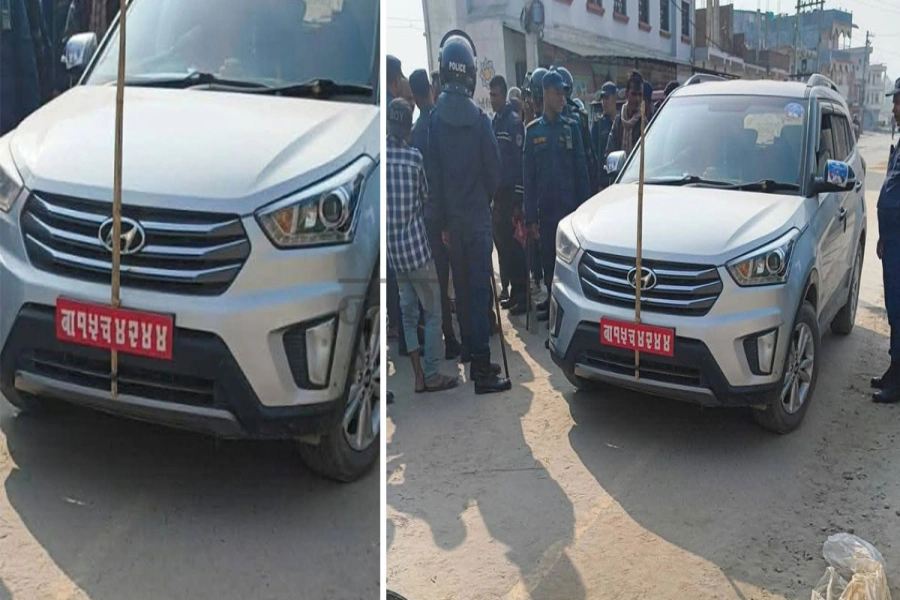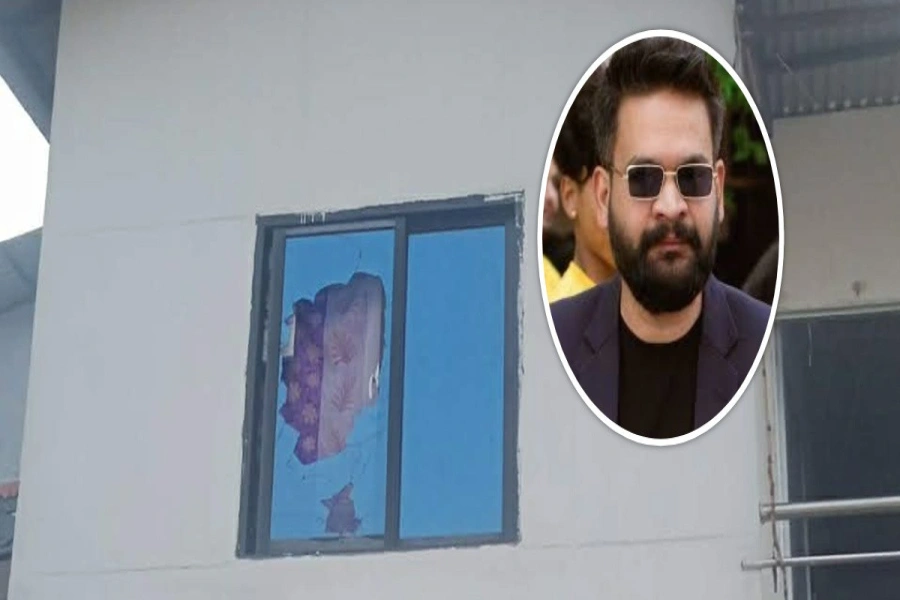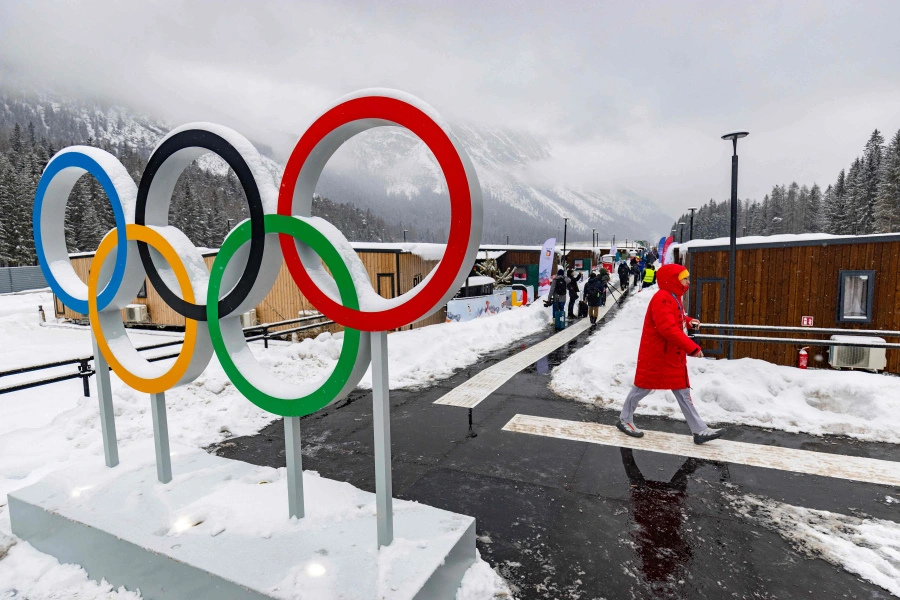The government has failed to acknowledge the failure of previous commissions, ignored victims’ pressure and their key demands for legal amendment
Nepal experienced four years of passive and result-less transitional justice mechanisms since the establishment of Truth and Reconciliation Commission (TRC) and Commission of Investigation on Enforced Disappeared Persons (CIEDP) in 2015. Both commissions faced limited mandate, lack of resources, inadequate government support, and above all, a lack of political will to settle conflict related crimes. All governments in these four years prioritized their own political interests. They did not help these commissions in carrying out fair investigation on conflict-era cases. Victims experienced political betrayal and security threats. The victims and communities that directly suffered from the war and were impacted by everyday challenges were forgotten. Government authorities and key political actors discarded victims’ demands for truth, justice, livelihood, security and non-repetition of conflict.
Repeating mistakes
Thus this should have been the time to correct the past mistakes and start the process anew. But the current government seems to be going on the same old path. It is not considering the serious concerns raised by victims’ groups, civil society and National Human Rights Commission (NHRC). It has dismissed the Supreme Court verdicts on legal amendments to direct transitional justice onto a solution-focused path on behalf of thousands of victims.
This is why we need to create a broader partnership with victims, civil society, NHRC and relevant stakeholders, open door for inclusive policies through legal amendment and adopt participatory approach to gain trust. But this is not happening.
CNI urges IMF not to intervene unnecessarily in Nepal’s policy...

We suffered, we were victimized and betrayed. The disappeared, martyrs and their suffering families who fought for change still suffer extreme pain.
The government dissolved TJ commissions in the name of revisiting the process through forming new commissions. Victims’ groups and the human rights community welcomed the step believing that it was meant to create victim-centered commissions, guided by the Comprehensive Peace Agreement (CPA, 2006) and Supreme Court verdicts (2007, 2014, 2015). But the government has failed to acknowledge the failure of previous commissions, ignored victims’ pressure and their key demands for legal amendment, and a participatory and transparent selection process to appoint new commissioners.
It has failed to build trust through victim-friendly policies, and has begun the new process based on a widely criticized and flawed TJ Act nominating a recommendation committee that did not consult with victims’ groups, experts and civil society. The recommendation committee requested applications, but civil society and victims are protesting against this move and warning not to cooperate in this unfair process. Their demands are clear: legal amendment first, prior consultation with victims, a transparent process to appoint new commissioners and a clear road map to resolve conflict-era cases.
Recently, the legislative committee of the parliament invited the NHRC Chair and members together with the Law Minister to discuss a new NHRC bill and the issue of transitional justice. The NHRC Chair objected to the proposed bill and demanded its amendment but in vain. Law Minister Bhanu Bhakta Dhakal has said that government will not withdraw the registered bill. NHRC Chair has said that if the registered bill goes ahead, thousands of conflict victims will be deprived of justice.
Major political actors and security institutions (both Nepal Army and Nepal Police) have intervened in the commission process, influencing it to block criminal investigations. They have focused on amnesty and politically favored reconciliation so as to protect the alleged perpetrators.
The two commissions collected over 65,000 complaints but they found no resolution. TRC and CIEDP struggled to function fairly due to political intervention and influence from the security forces. Nepal Army and Police, who continue to serve in UN Peacekeeping operations, do not want to be seen as having committed war crimes such as enforced disappearance, torture, rape and killings. Failure to amend the TJ Act, weakening of the NHRC mandate, and hijacking of its independence are clear examples of how the notion of justice has been politicized.
Road ahead
The road ahead is clear. Transitional Justice Act must be amended in line with Supreme Court verdicts. Government must listen to victim’s voices to address their grievances. The NHRC recommendations relating to conflict-era cases must be implemented to gain trust. Government must develop a national policy to effectively deal with conflict related crimes. Government must bring all concerned actors together to develop a common understanding around transitional justice as a humanitarian platform to humanize everyday suffering, address humanitarian needs, and create spaces for memory, livelihood and dignity.
There have been several sites of memory created by local family associations of the disappeared in over 40 districts supported by the International Committee of the Red Cross (ICRC) that have brought families, local agencies, government authorities, political and social actors together, helping to humanize the suffering of families.
Several local governments are supporting construction of local memorials, providing spaces for war victims in several districts, powerfully demonstrating public acknowledgement. Marsyangdi rural municipality in Lamjung established Centre for Memory of the Disappeared and Martyrs in consultation with victim families, and has allocated office space and an annual budget that has given a high sense of recognition to every family. The Centre for Memory has helped them to remember their past and become a part of a humanitarian process at the local level. Authorities have committed to naming local roads and public places after those who sacrificed themselves for change as a part of local history. These are meaningful examples from both formal and informal processes of localizing memory and recognition. Federal and provincial governments can create such platforms for memory alongside policies for a real transformation through active participation of victim alliances across the country.
This is time to create national momentum through localizing transitional justice with a humanitarian perspective, channeling government line agencies to create support mechanisms and mobilizing local governments to recognize and respect victims’ families as part of sociopolitical reintegration. The victim alliances, NHRC, civil society and human rights community must work together and create collective pressure to correct past mistakes. If government doesn’t listen, NHRC must speak out, and call back their representatives from the Recommendation Committee in the wake of government’s suspicious move to overturn the 2015 Supreme Court ruling on transitional justice.
Strong intervention is needed to challenge the politicization of crimes against humanity.
rambhandari3000@gmail.com








